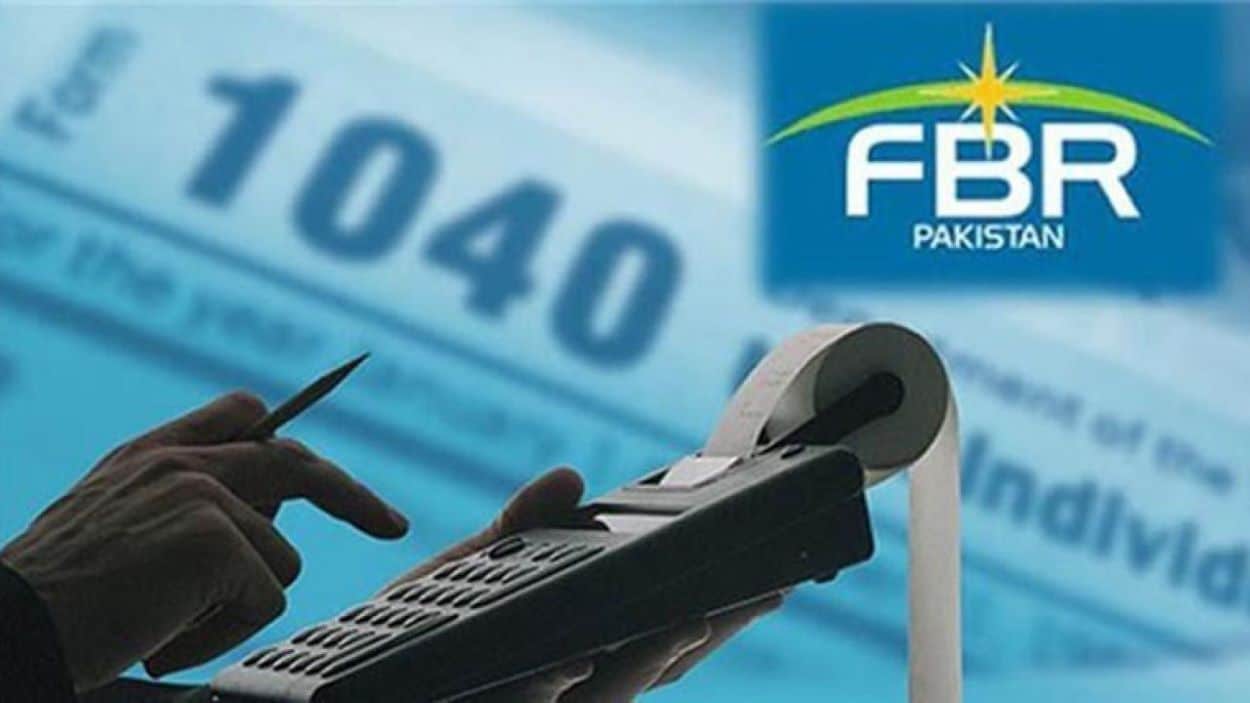The Federal Board of Revenue (FBR) has announced amendments to the Sales Tax Act 1990, establishing a dedicated Tax Fraud Investigation Wing-Inland Revenue to combat tax evasion and fraud effectively.
In line with recent updates and parliamentary approval of the revised Sales Tax Act and the Federal Excise Duty (FED) 2005, effective through June 30, 2024, the Federal Board of Revenue (FBR) has introduced a new tax regime for mobile and satellite phones.
The FBR will now apply a 25% General Sales Tax (GST) on imports of mobile and satellite phones valued over $500 per set. Conversely, it will impose an 18% GST on imports valued under $500. This 18% rate also applies to locally manufactured mobile phones in Completely Built Unit (CBU) conditions, regardless of their pricing.
Furthermore, the revised GST Act includes a comprehensive definition of “tax fraud,” which involves any intentional act to understate tax liabilities or overstate tax credits, including submitting false documents or withholding information to cause tax loss.
The Tax Fraud Investigation Wing will comprise various specialized units, including Fraud Intelligence and Analysis, Investigation, Legal, Accountants, Digital Forensics, and Scene of Crime. This organization is part of a broader effort to integrate electronic invoicing systems with the FBR’s computerized system for real-time sales reporting.
The FBR has stipulated stringent penalties for tax fraud. Submission of false documents or tampering with records, including sales tax invoices, will result in a penalty of Rs25,000 or 100% of the amount of tax evaded, whichever is higher.
Additionally, tax fraud leading to evasion of less than Rs1 billion will carry a potential jail term of up to five years, while evasions exceeding Rs1 billion could result in up to ten years of imprisonment. Offenders may also face fines equivalent to the tax evaded, underscoring the severity of such violations.






